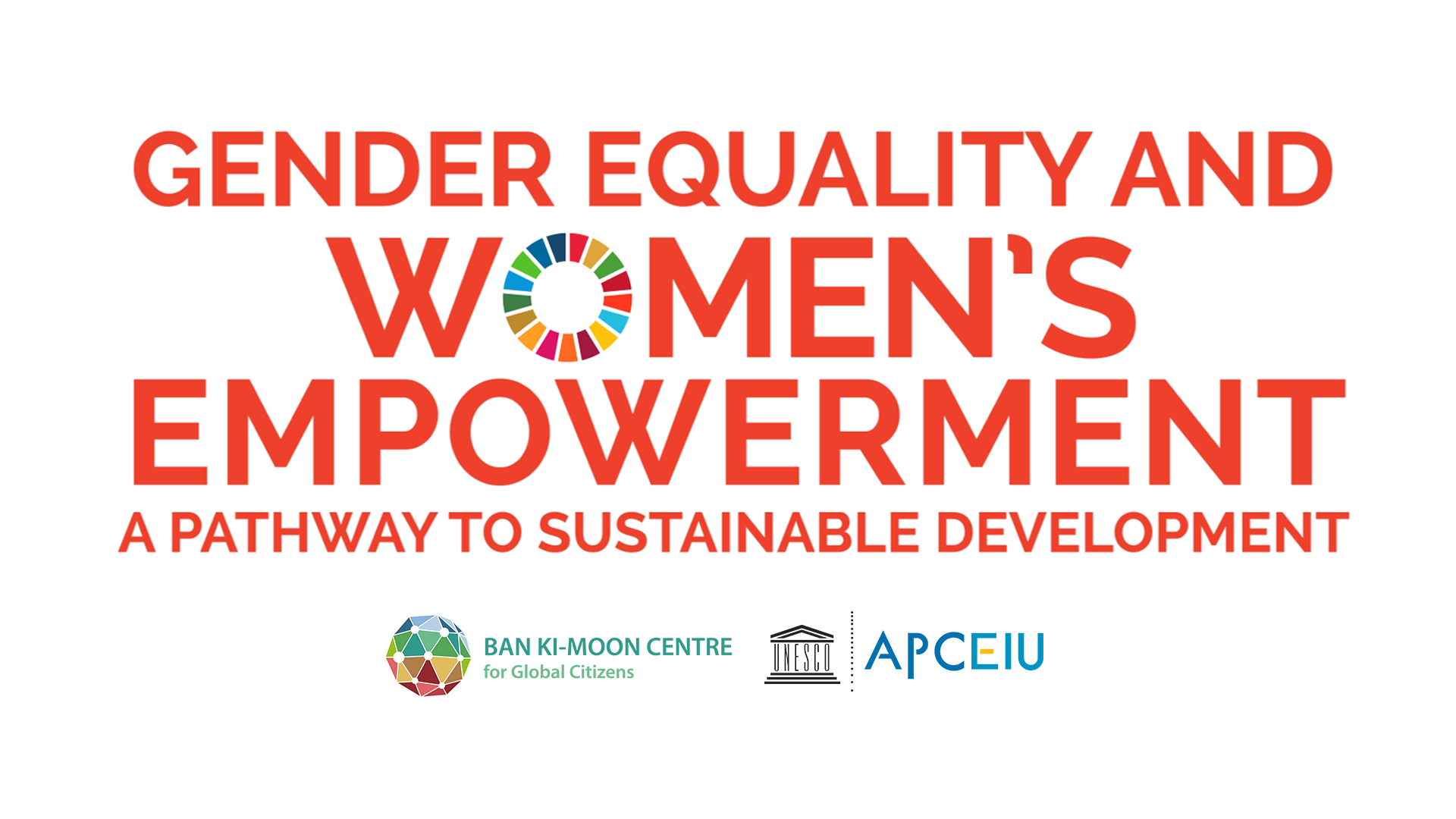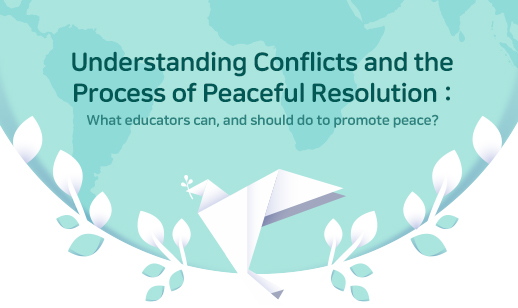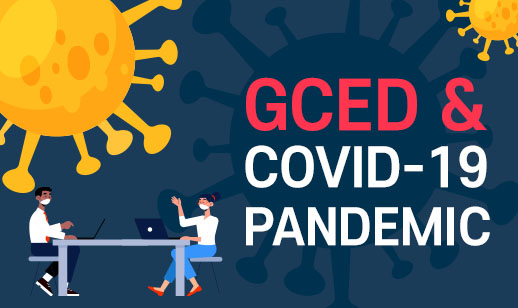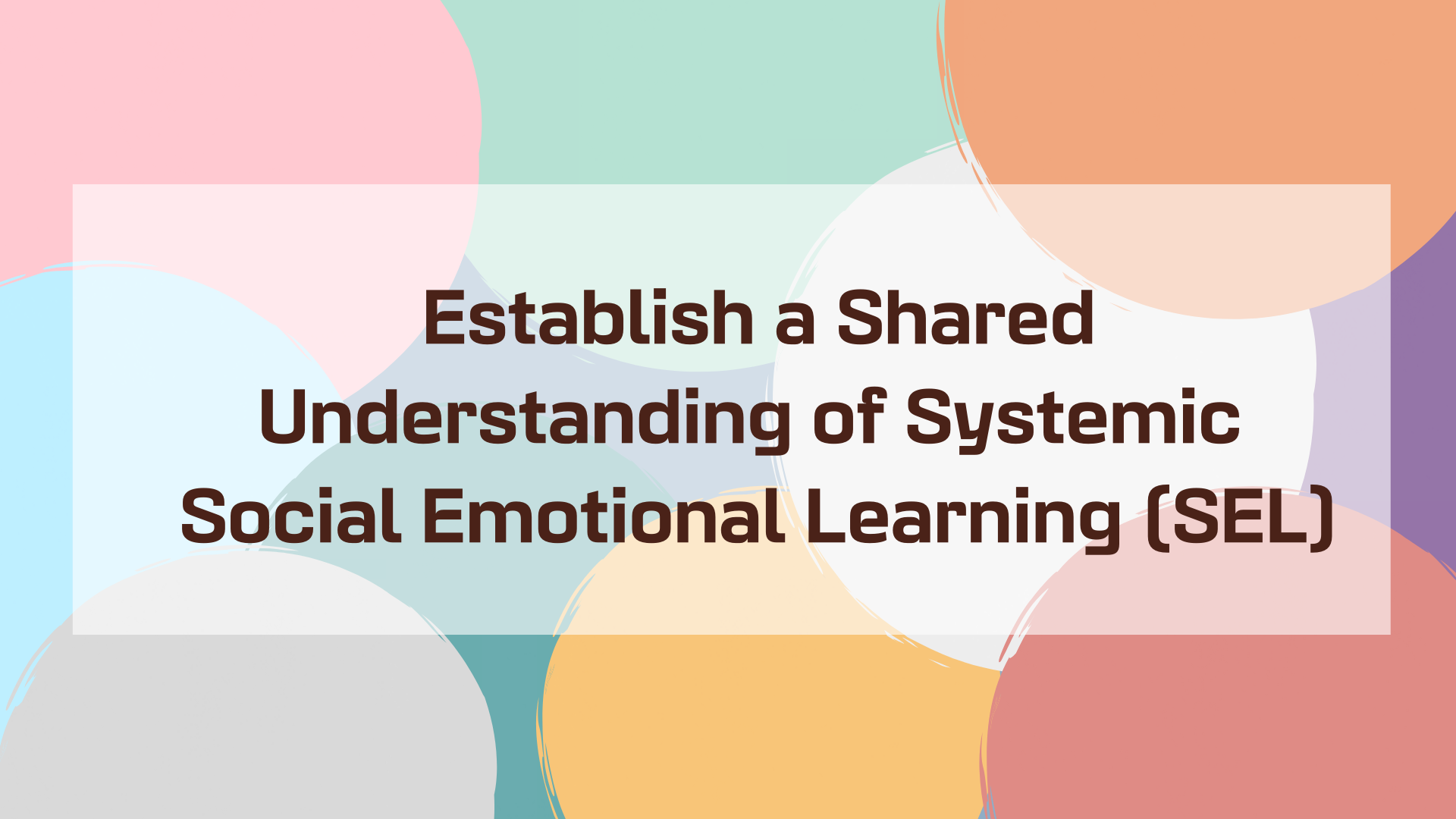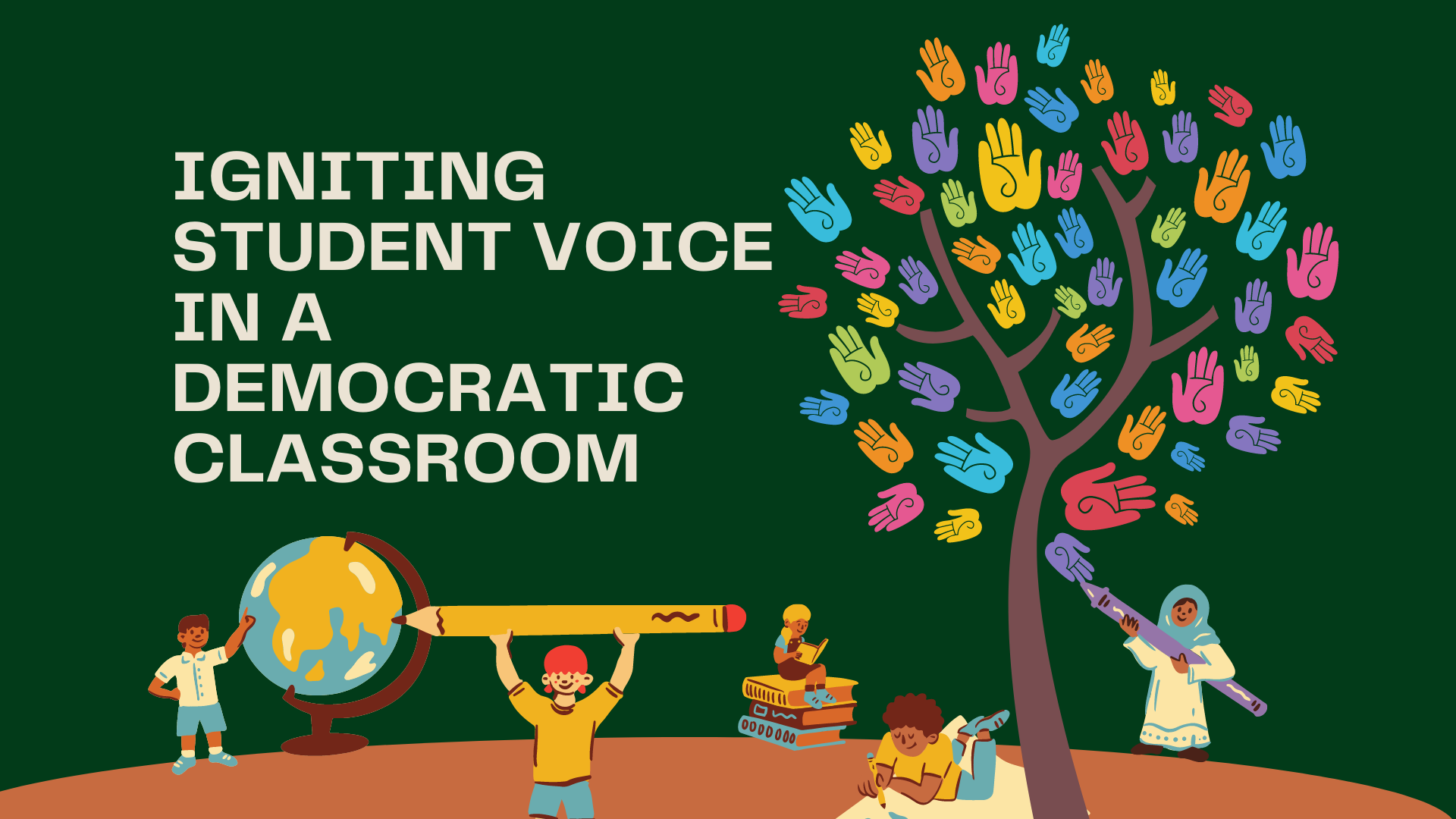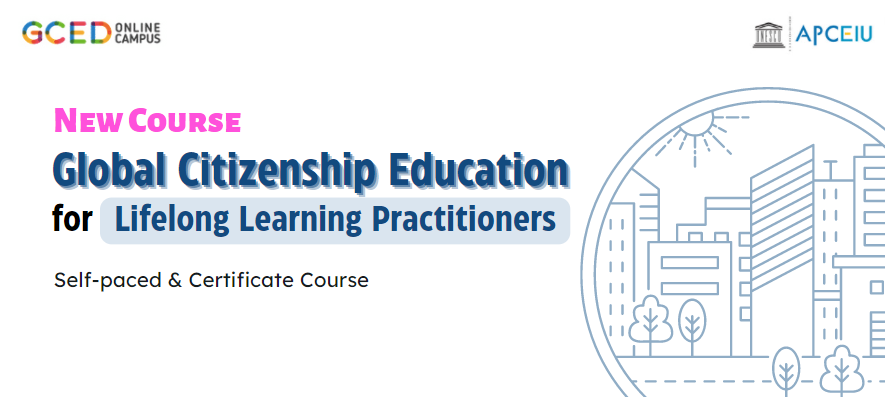- D-165
Open to Public
Gender Equality and Women's Empowerment: A Pathway to Sustainable Development
This course aims to introduce the topic of gender equality and women’s empowerment with a combination of the series of lectures by renowned international experts on concepts, theories and thematic areas, interviews with scholars, UN representatives, change makers, case presentations of innovative approaches and practices by global citizens all around the world. Understanding the 5th SDG - the multifaceted issues around it and the efforts put forth worldwide to achieve it - is the foundation for this course. Particularly, the course aims to examine and critically reflect on the revolving issues around both gender equality and women’s empowerment with sustainable development by providing a platform where learners can virtually meet and learn from one another. It will bring a critical eye to gender inequality and how it is addressed in the field of sustainable development. Learners will be able to deepen their understanding of gender equality and women’s empowerment, exchange and embrace different perspectives, and challenge their own assumptions. The course invites those who see themselves as global citizens as well as who aspire to assume active roles in bringing meaningful changes to oneself and so the society they are in. Course Objectives: To promote the importance of gender equality in achieving the SDGs. To provide practical knowledge and introduce the innovative practices of gender equality and women empowerment in different parts of the world. To expand learners’ perspectives on women’s rights and empowerment as a shared vision for peaceful, sustainable, and prosperous society To motivate learners to take part in contributing to build a more equal society for all No Modules Units 1 Introduction to Gender Equality and Women's Rights 1) History of Pursuing Gender Equality and Women's Rights 2) How Gender Equality is defined by UN 3) A Platform for Action: The Beijing Declaration 1995-Now 4) Mobilizing Changes: CSW, UN Women 2 Gender Equality in the 2030 Agenda for Sustainable Development 1) Links between Gender Equality and Sustainable Development 2) SDG #5: Stand-alone Goal on Gender Equality 3) Beyond SDG #5: Gender Equality across all the 17 SDGs 4) Progress and Remaining Challenges for SDG #5 3 Women's Empowerment 1) Overview of Empowerment Policies 2) Education: Girls' Education 3) Women's Social and Economic Participation 4) Political Participation, Advancing Women Leaders 5) Gender Equality as a Shared Vision for All and Social Justice 4 Critical Issues on Gender Equality 1) Violence and Discrimination Against Women 2) Health and Gender Equality 3) Climate Change and Gender Equality 4) Migration and Gender Equality 5) Governance and Gender-responsive Policy-making 5 Plan for Action: Paving the Way to Equality 1) Global Partnership for Achieving Gender Equality 2) Movements and Cases on Advancing Women's Rights and Empowerment 3) Tools and Strategies for Gender EqualityOngoingSelf-paced - D-165
Open to Public
In the world where lots of conflicts and violent situations are taking place these days, understanding of the conflict and efforts to establish peaceful atmosphere in a society are more urgently required than ever. This 4-week course aims to provide learners to acquire knowledge about the basic understanding and major components of Conflict, Violence and Peacebuilding not only in general but also in localized context, particularly in the African context. Moreover, the course let learners get to know about the ecology of Conflicts and Peace in each learner’s localized context. Going through the sessions, learners will be able to enhance their competencies to apply Peacebuilding into their own context, reaffirming their commitment as global citizens and promoting GCED. The course is composed of the following four sessions. Each session provides a lecture and additional learning materials followed by discussions and assignments. To effectively assist learners’ understanding and learning progress, a set of quizzes will be offered per session. Run in a self-paced mood, the course is open throughout the year. Upon the successful completion of the course, a certificate is provided!OngoingSelf-paced - D-165
Open to Public
This course aims to introduce multiple aspects of the Pandemic in line with Global Citizenship Education, with a series of lecture videos, reading materials, forum activities, etc. Learners will be able to learn in depth about the significance and means of responsible citizenship in response to the pandemic by examining key aspects that are closely related to the pandemic and GCED. For WHOM? Anyone who wants to learn about how to practice GCED amidst the COVID-19 pandemic!OngoingSelf-paced - D-165
Open to Public
Establish a Shared Understanding of Systemic Social Emotional Learning (SEL)
In this course, participants will engage in a guided exploration of the Collaborative for Academic, Social and Emotional Learning (CASEL) framework for SEL, four focus areas for systemic SEL implementation, and ten indicators of schoolwide SEL. Additionally, the facilitator will share application and experiences from “boots on the ground” and makes connections to Global Citizenship Education. From this shared understanding, participants will discuss their local priority for SEL, how SEL-related initiatives are currently implemented in their local context, and cultural and logistical obstacles. Participants will have the opportunity to post questions to be answered by the facilitator, as well as the purpose/goal for taking the course.OngoingSelf-paced - D-165
Open to Public
Igniting Student Voice in a Democratic Classroom
The course will explore how teachers can deliberately create learning environments and opportunities that encourage and support students to engage in democratic thinking and discussion. The experiential course will allow teachers to explore teaching tools and content where learners can engage in dialogue and discussions, express themselves, participate in learning process, and feel the sense of belonging.OngoingSelf-paced - D-165
Open to Public
Global Citizenship Education for Lifelong Learning Practitioners
The course 'Global Citizenship Education for Lifelong Learning Practitioners' invites educators aspiring to apply GCED in their education programmes or activities in informal or non-formal sectors. Focusing on the strategies of bringing GCED into lifelong learning, the course explores the close linkage between GCED and lifelong learning, introduces good practices in different parts of the world, and steps to design learners' own education activities. The course is strongly recommended for those who wish to promote global citizenship in their community learning programmes or any educational activities in informal or non-formal environments.OngoingSelf-paced
- About
- Courses
-
Open Courses
Open to all members of GCED
Online Campus! -
Courses by Registration
A wide range of courses with
specific topics on GCED are
available here!
-
- Resources
-
Special Lectures
Special lectures by speakers and professionals from around the world!
-
GCED in Minutes
Here we introduce a fast, fun, and friendly way of learning GCED!
-
GCED in Practice
Innovative initiatives on GCED in different corners of the world are introduced here!
-
Meet the Global Citizens
Get inspired by the stories of global citizens and get ready to start your own GCED advocacy!
-
Total 33



